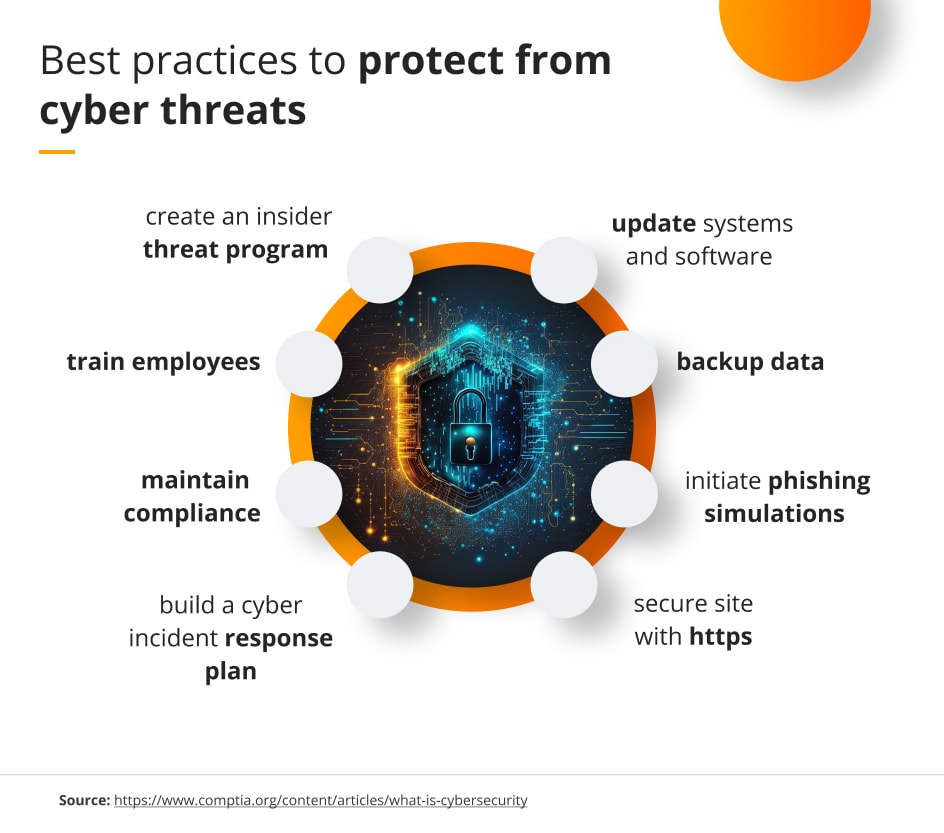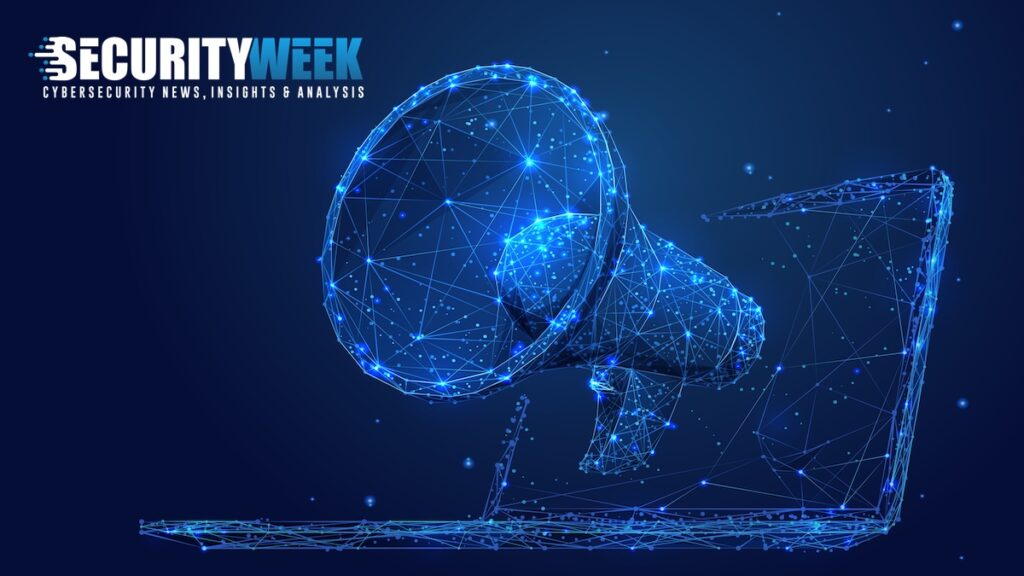Future-Proof Your Service: Secret Cybersecurity Predictions You Need to Know
As organizations confront the speeding up pace of electronic improvement, comprehending the developing landscape of cybersecurity is crucial for lasting resilience. Forecasts suggest a substantial uptick in AI-driven cyber risks, alongside heightened regulative scrutiny and the necessary change towards Absolutely no Count on Design.
Surge of AI-Driven Cyber Risks

One of the most worrying growths is the usage of AI in producing deepfakes and phishing schemes that are incredibly convincing. Cybercriminals can produce sound and video clip web content, impersonating executives or trusted people, to control targets into divulging sensitive information or licensing deceitful deals. Furthermore, AI-driven malware can adapt in real-time to evade detection by standard security steps.
Organizations have to recognize the urgent requirement to boost their cybersecurity frameworks to fight these progressing hazards. This includes investing in advanced threat discovery systems, promoting a culture of cybersecurity awareness, and implementing robust occurrence action strategies. As the landscape of cyber threats changes, positive actions come to be necessary for securing sensitive data and preserving service integrity in a significantly electronic globe.
Raised Emphasis on Data Privacy
How can companies successfully browse the expanding emphasis on data personal privacy in today's digital landscape? As governing frameworks advance and customer assumptions climb, organizations have to prioritize durable information privacy approaches. This involves taking on comprehensive data governance plans that make sure the honest handling of individual details. Organizations must perform routine audits to examine conformity with policies such as GDPR and CCPA, identifying potential vulnerabilities that could lead to data violations.
Spending in employee training is important, as personnel understanding straight influences information protection. Furthermore, leveraging innovation to improve information safety and security is crucial.
Cooperation with lawful and IT teams is crucial to line up information privacy efforts with business goals. Organizations ought to likewise engage with stakeholders, consisting of consumers, to interact their dedication to information personal privacy transparently. By proactively dealing with information personal privacy issues, services can build trust fund and improve their credibility, ultimately adding to long-term success in a progressively inspected electronic atmosphere.
The Shift to Zero Count On Architecture
In action to the evolving danger landscape, companies are increasingly taking on Zero Trust fund Design (ZTA) as a fundamental cybersecurity technique. This approach is based on the concept of "never trust, always verify," which mandates continual confirmation of individual identifications, tools, and information, no matter their location within or outside the network perimeter.
Transitioning to ZTA involves implementing identity and accessibility administration (IAM) solutions, micro-segmentation, and least-privilege gain access to controls. By granularly managing accessibility to resources, companies can reduce the danger of expert hazards and minimize the impact of exterior violations. ZTA includes durable tracking and analytics Learn More Here capacities, allowing organizations to identify and respond to abnormalities in real-time.

The change to ZTA is additionally sustained by the boosting fostering of cloud services and remote work, which have increased the assault surface area (7 Cybersecurity Predictions for 2025). Traditional perimeter-based protection designs want in this brand-new landscape, making ZTA a more resilient and flexible structure
As cyber risks remain to expand in class, the adoption of No Trust concepts will certainly be essential for companies seeking to shield their possessions and preserve regulative compliance while guaranteeing organization continuity in an unsure atmosphere.
Regulative Changes on the Horizon

Approaching guidelines are anticipated to address a series of problems, including information view personal privacy, violation alert, and case reaction protocols. The General Information Security Law (GDPR) in Europe has actually established a precedent, and similar frameworks are emerging in other regions, such as the USA with the suggested government personal privacy legislations. These regulations frequently enforce stringent penalties for non-compliance, highlighting the requirement for companies to prioritize their cybersecurity actions.
Moreover, industries such as finance, healthcare, and important infrastructure are likely to face extra rigorous needs, mirroring the sensitive nature of the data they deal with. Compliance will certainly not simply be a lawful obligation however a vital part of structure depend on with consumers and stakeholders. Organizations should stay ahead of these adjustments, incorporating governing demands into their cybersecurity approaches to make sure strength and secure their possessions effectively.
Importance of Cybersecurity Training
Why is cybersecurity training an essential element of an organization's defense technique? In a period where cyber hazards are significantly innovative, companies need to identify that their employees are commonly the initial line of defense. Reliable cybersecurity training outfits personnel with the knowledge to recognize possible hazards, such as phishing assaults, malware, and social design tactics.
By cultivating a society of safety and security awareness, companies can substantially reduce the threat of human error, which is a leading reason for information breaches. Routine training sessions make certain that employees stay educated concerning the latest hazards and best practices, therefore boosting their ability to react suitably to incidents.
Furthermore, cybersecurity training advertises compliance with regulative demands, decreasing the risk of lawful consequences and monetary charges. It additionally encourages workers to take possession of their function in the organization's security structure, bring about a proactive instead of reactive technique to cybersecurity.
Verdict
In verdict, the advancing landscape of cybersecurity demands proactive measures to deal Deepfake Social Engineering Attacks with emerging dangers. The surge of AI-driven strikes, paired with enhanced data personal privacy problems and the shift to No Trust fund Style, demands an extensive method to safety.